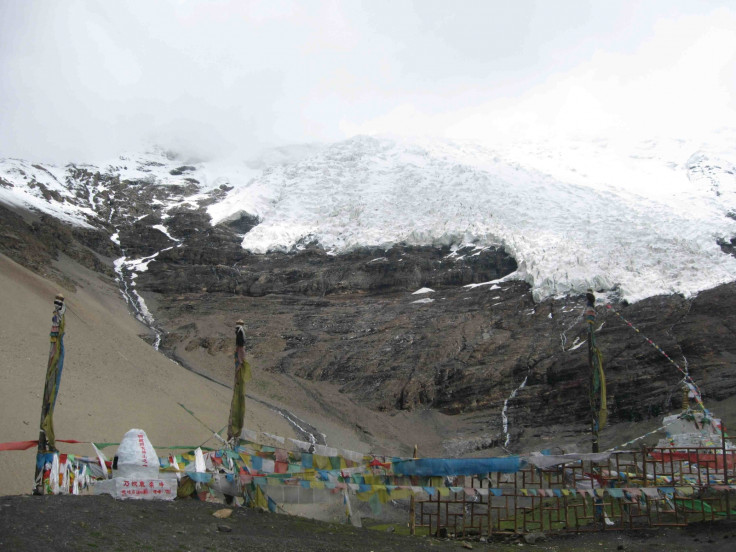Melting glaciers are major carbon reservoirs

The amount of organic carbon exported in glacier outflow will increase 50% over the next 35 years, says a study that looked into the carbon impact of glaciers for the first time.
This can affect high-latitude marine ecosystems, particularly those surrounding the major ice sheets. The response of the ecological systems to the carbon influx is not known.
"This research makes it clear that glaciers represent a substantial reservoir of organic carbon," said Eran Hood, the lead author on the paper and a scientist with the University of Alaska Southeast.
Glaciers store organic carbon derived from both primary production on the glaciers and deposition of materials such as soot or other fossil fuel combustion by-products.
The researchers from Florida State University, University of Alaska Southeast, Ecole Polytechnique Fédérale de Lausanne and the Alaska Science Center studied measurements from ice sheets in mountain glaciers globally, the Greenland ice sheet and the Antarctic ice sheet to measure the total amount of organic carbon stored in the global ice reservoir.
The findings were published in Nature Geoscience.
While it is well known that glaciers and ice sheets contain about 70% of the Earth's freshwater and is a major contributor to sea level rise from melting owing to global warming, this study is the first estimate of carbon in the glaciers.
The team plans to do additional studies to determine the impact when carbon is released into existing bodies of water.
© Copyright IBTimes 2025. All rights reserved.





















